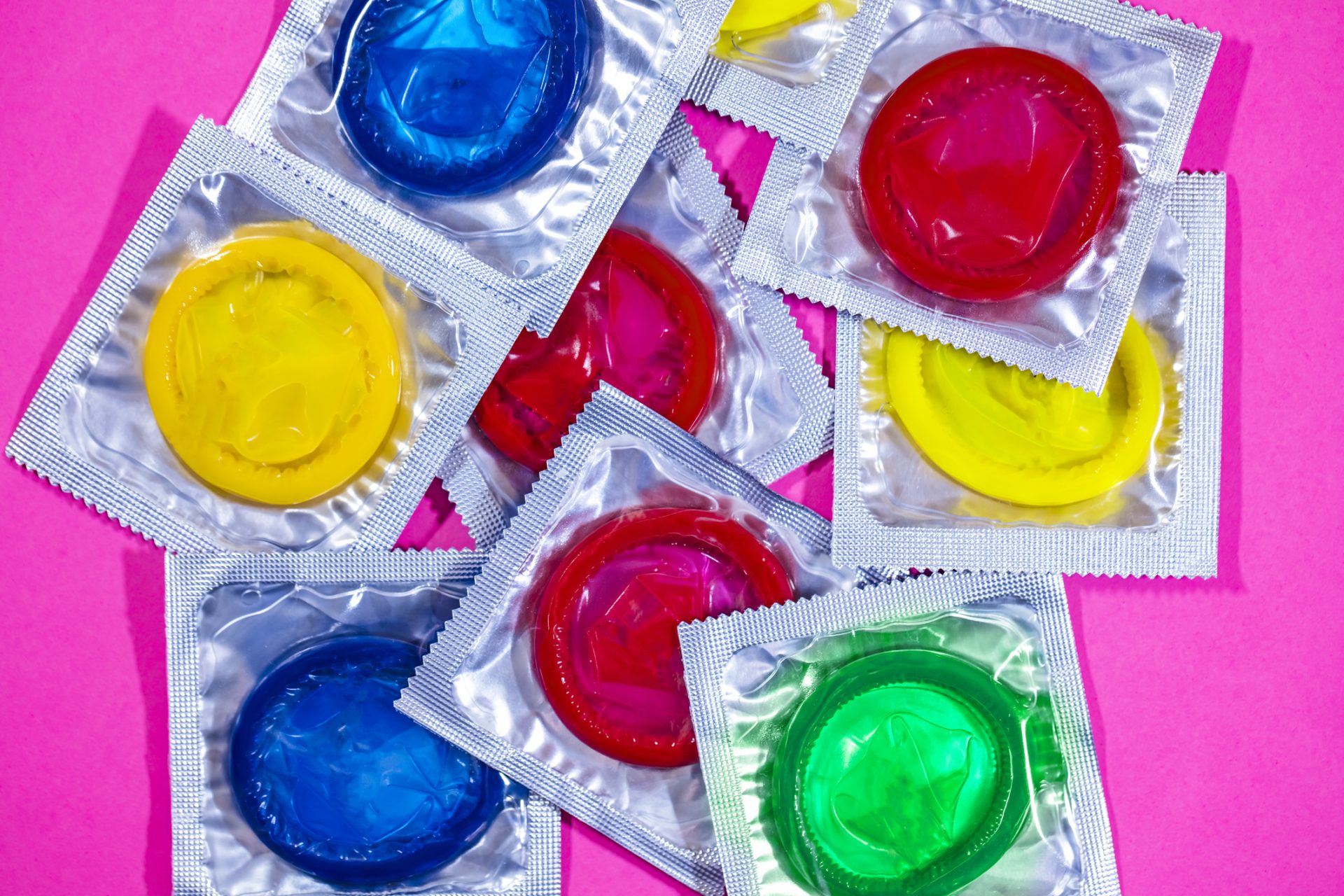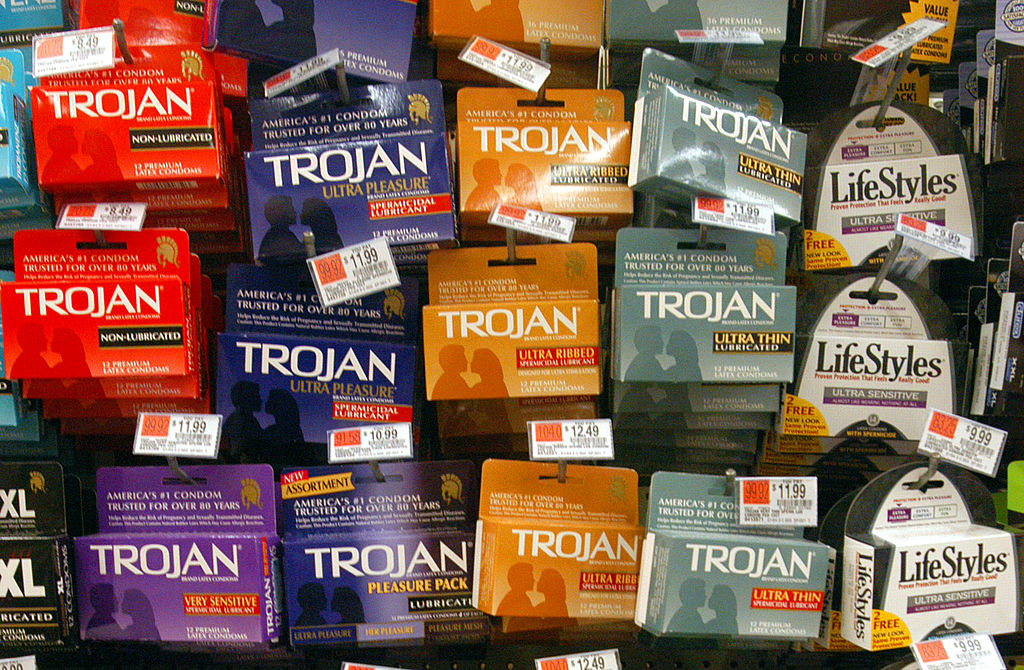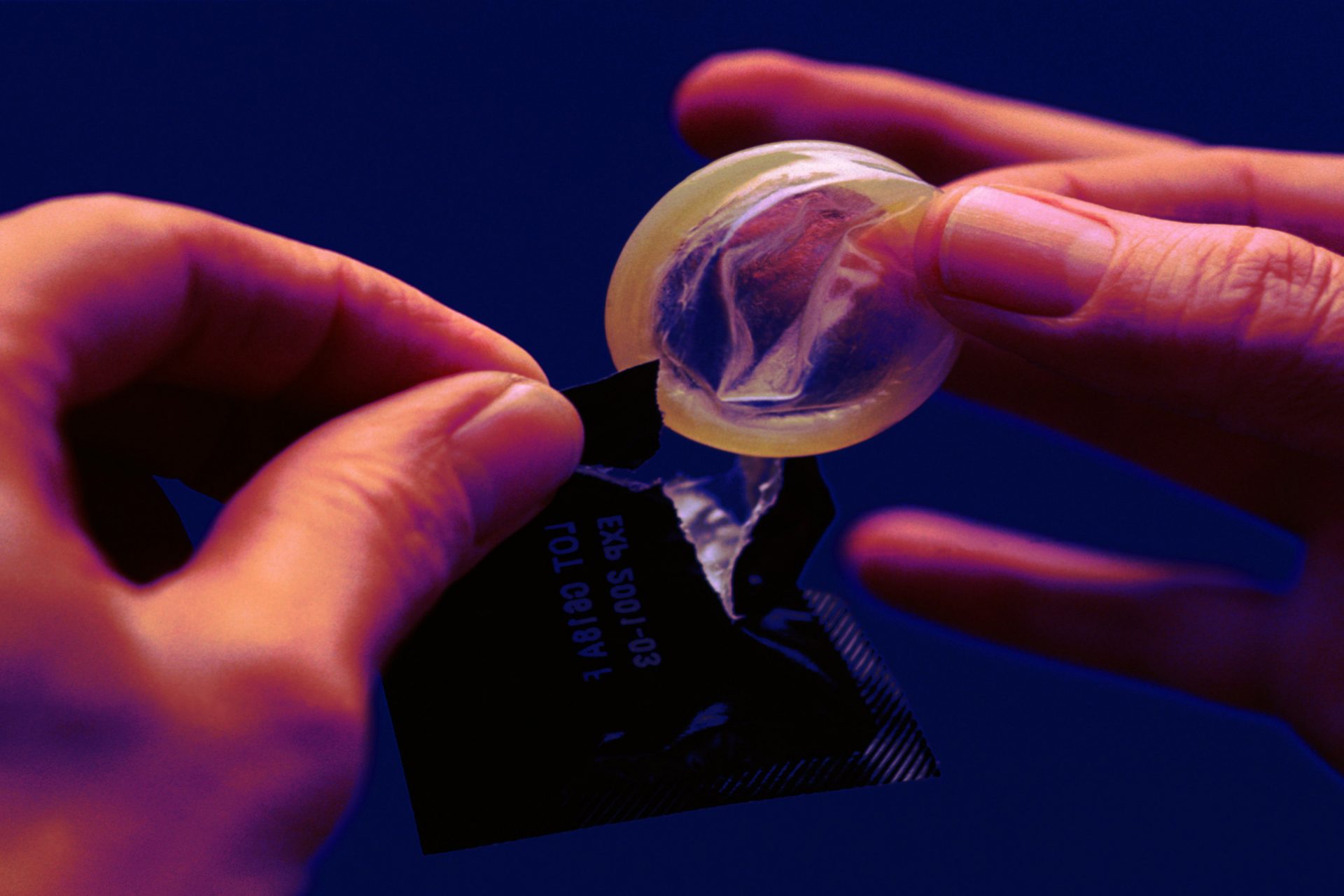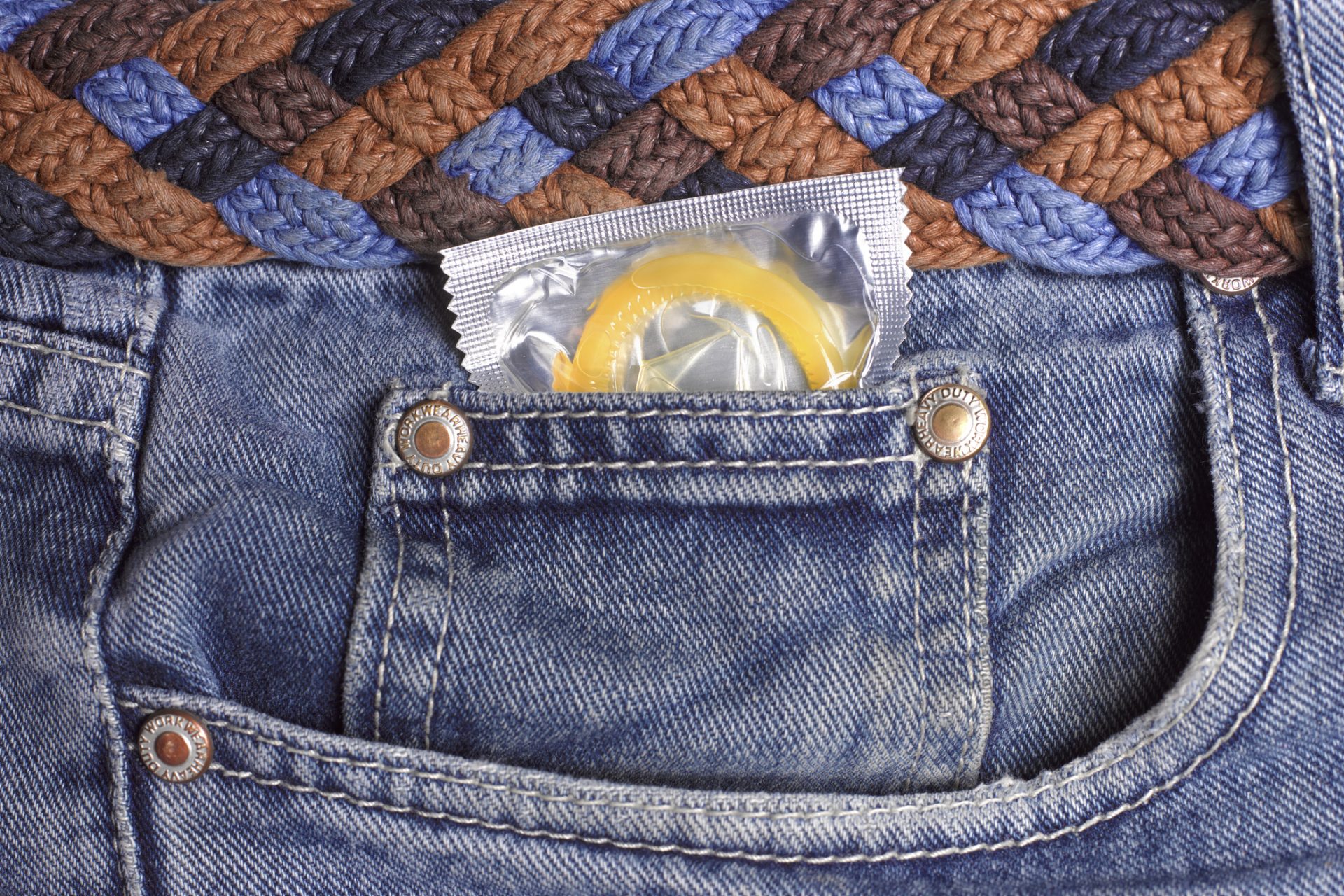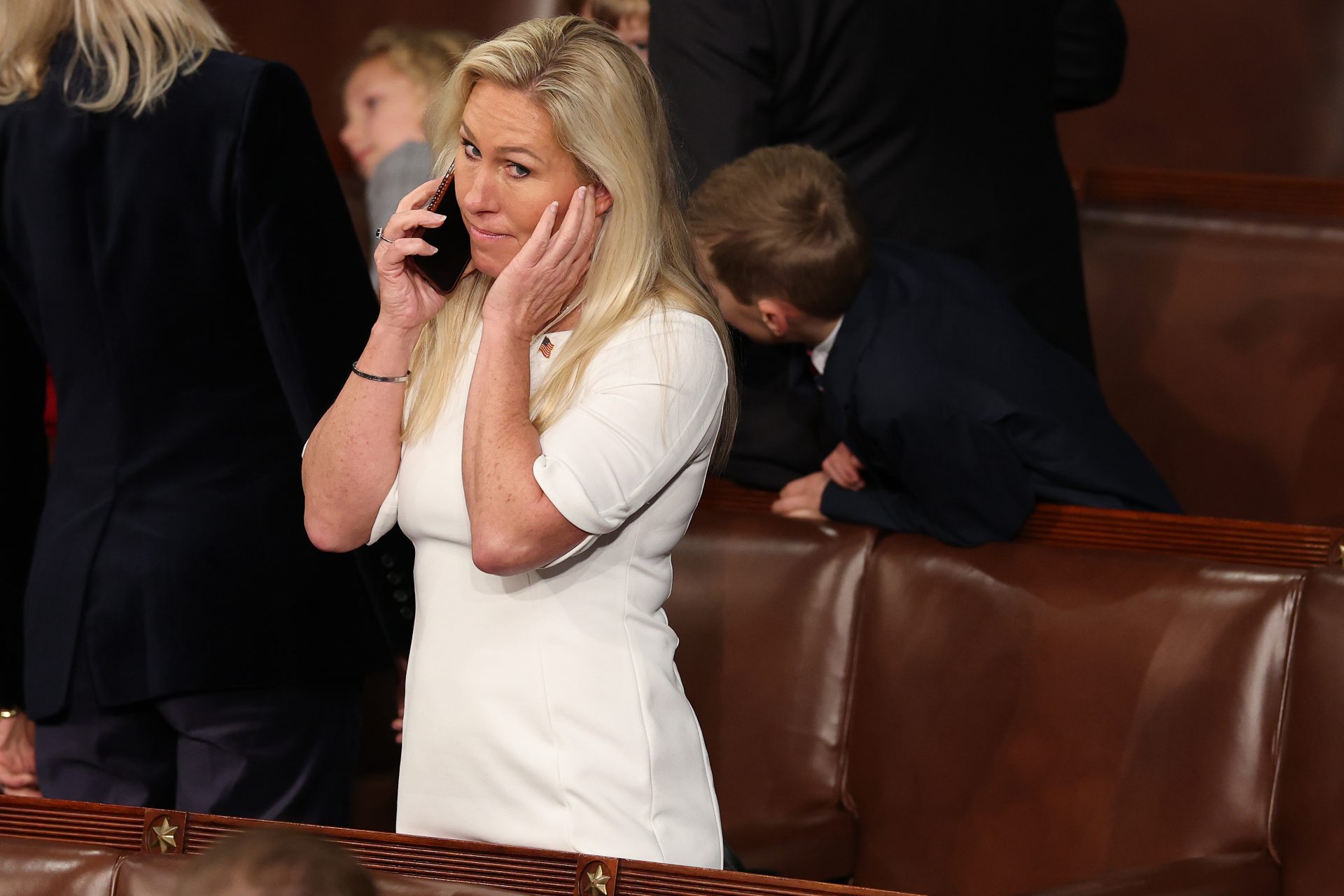Some contraceptives contain alarming levels of ‘forever chemicals’, study finds
A new study has shown that several brands of contraceptives and lubricants contain alarming levels of toxic PFAS or “forever chemicals”, including Trojan and K-Y Jelly.
The testing conducted by Mamavation consumer advocacy comes just as researchers found that human skin absorbs the chemicals at much higher levels than previously thought.
This is especially concerning given the skin around male and female sexual reproductive organs is thin and has a high level of blood vessels, which makes them particularly dangerous organs to expose to PFAS, Linda Birnbaum, a science adviser for Mamavation wrote in the report.
PFAS are a large family of human-made chemicals known as ‘forever chemicals’ because they don’t break down in the environment. This has led to widespread contamination and can have bad effects on our health.
Manufacturers use PFAS to make products resistant to oil, heat, stain, or water. They are found in everything from cosmetics, to outdoor gear, non-stick pans, food wrappers, and countless others, according to the CDC, and so end up in our food, water, and air.
Image: Louis Hansel/Unsplash
At least 45% of the United State's tap water could be contaminated with at least one form of PFAS, according to a study from the U.S. Geological Survey.
One study found that 97% of Americans have measurable levels of PFAS in their blood. For years, experts have said the most common way to be exposed to PFAS is through drinking water.
Image: National Cancer Institute/Unsplash
Research conducted by the University of Stockholm, revealed that rainwater almost everywhere on Earth has unsafe levels of ‘forever chemicals’.
Image: Hannah Domsic/Unsplash
The Per- and poly-fluoroalkyl substances (PFAS) in rainwater are even present in Antarctica, the researchers said.
Image: Torsten Dederichs/Unsplash
“Based on the latest U.S. guidelines for PFOA in drinking water, rainwater everywhere would be judged unsafe to drink”,, said Ian Cousins, lead author of the study on rainwater, to the BBC.
Image: Mike Kotsch/Unsplash
“Although in the industrial world we don't often drink rainwater, many people around the world expect it to be safe to drink, and it supplies many of our drinking water sources”, Cousins added.
Furthermore, agriculture around the world depends on rainfall, and everything we eat demands water.
Human health effects from exposure to low environmental levels of PFAS are uncertain, according the CDC. Some scientists even say that there is no link between PFAS and health problems.
However, The Agency for Toxic Substances and Disease Registry says exposure to PFAS may lead to higher risk for kidney or testicular cancer, increased cholesterol levels, and damage to the liver and immune system.
Moreover, a recent study conducted in Singapore, showed that women with higher levels of “forever chemicals” in their blood have a 40% lower chance of becoming pregnant within a year of trying to conceive.
Experts have been calling for new limits on PFAS for years, and studies like these regularly renew calls to do so.
“It cannot be that some few benefit economically while polluting the drinking water for millions of others, and causing serious health problems”, Dr. Jane Muncke, managing director of the Food Packing Foundation in Zurich, told Euro News.
Image: Xianyu Hao/Unsplash
“The vast amounts that it will cost to reduce PFAS in drinking water to levels that are safe, based on current scientific understanding, need to be paid by the industry producing and using these toxic chemicals”, said Muncke.
In June 2021, a bipartisan group of senators introduced the “No PFAS in Cosmetics Act” to ban the use of PFAS in cosmetics and personal-care items. The bill failed to move to the committee.
Image: Evangeline Sarney/Unsplash
However, plenty of companies have pledged to stop using PFAS in their products, including some clothing, fast food, and outdoor sports brands. The Green Science Policy institute put together a list of brands of products that are PFA-free that is available online.
Image: Lucie Capkova/Unsplash
Luckily, scientists recently found a method for decomposing ‘forever chemicals’, a major breakthrough in addressing widespread environmental contamination across the world, according to research published in 'Science.'.
Image: Rob Wick/Unsplash
An emerging low temperature technique to break down PFAS has proven to be very effective. “The fundamental knowledge of how PFAS degrade is the single most important thing coming out of this study,” said Will Dichtel, researcher and co-author of the new study.
Image: Elisa Cano/Unsplash
But until scientists actually apply the method to get rid of ‘forever chemicals’, a good way to limit our exposure to them is by buying PFA-free products when we need to replace our own.
Image: Cooker King/Unsplash
Even when it comes to “the love glove” there are brands that are organic and free of ‘forever chemicals’, such as ‘P.S. good times’, among others.
More for you
Top Stories



